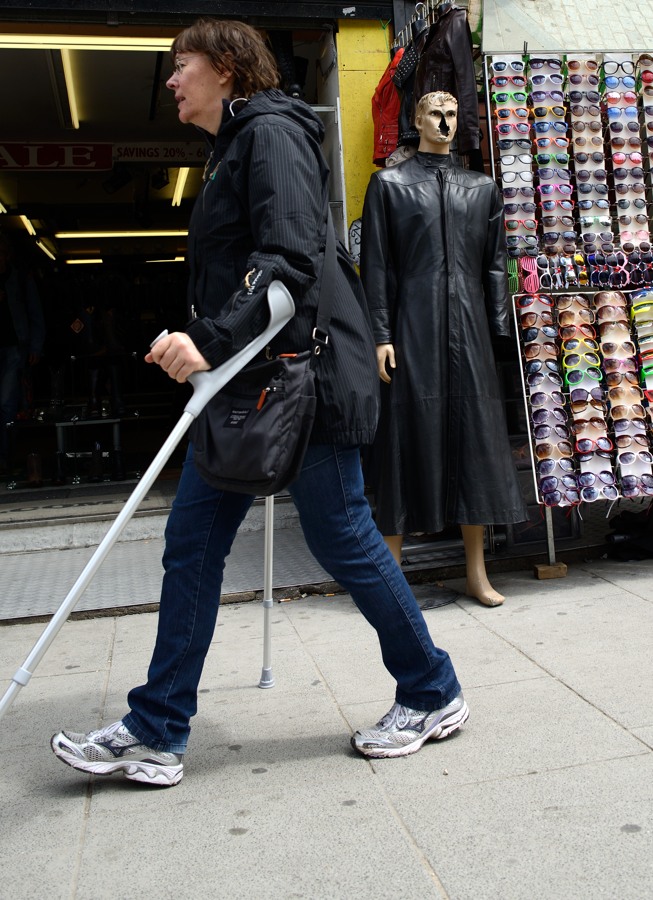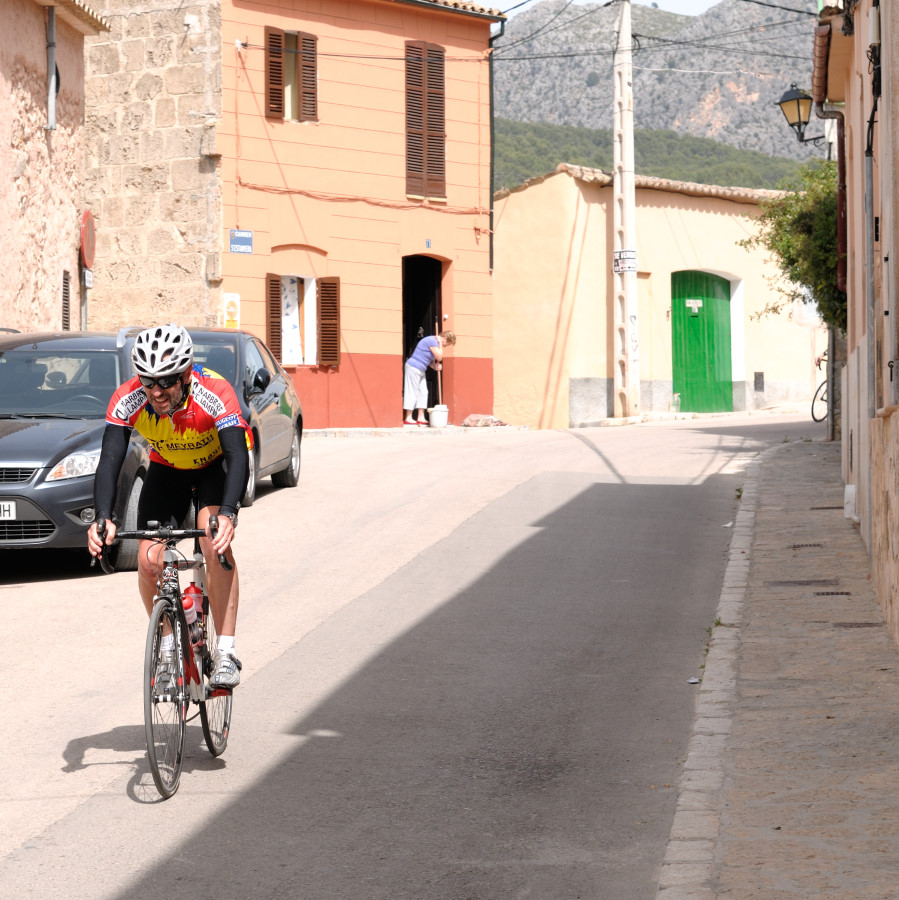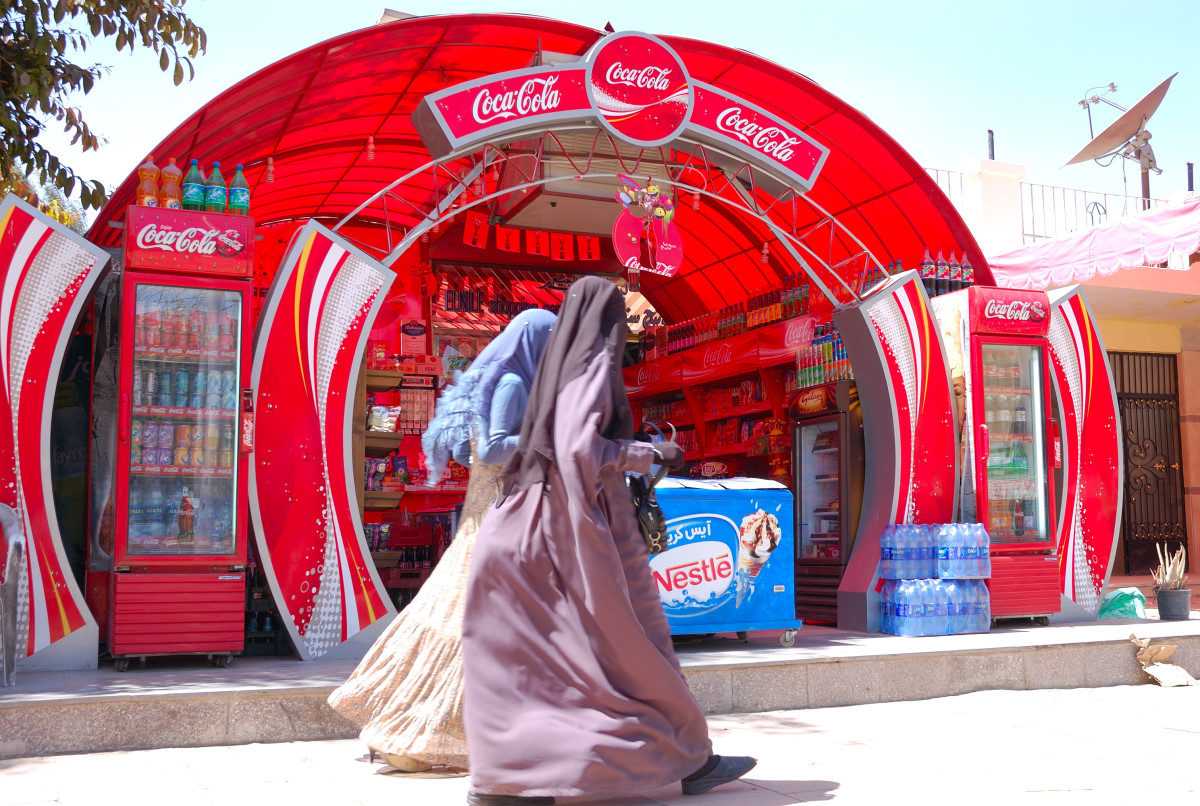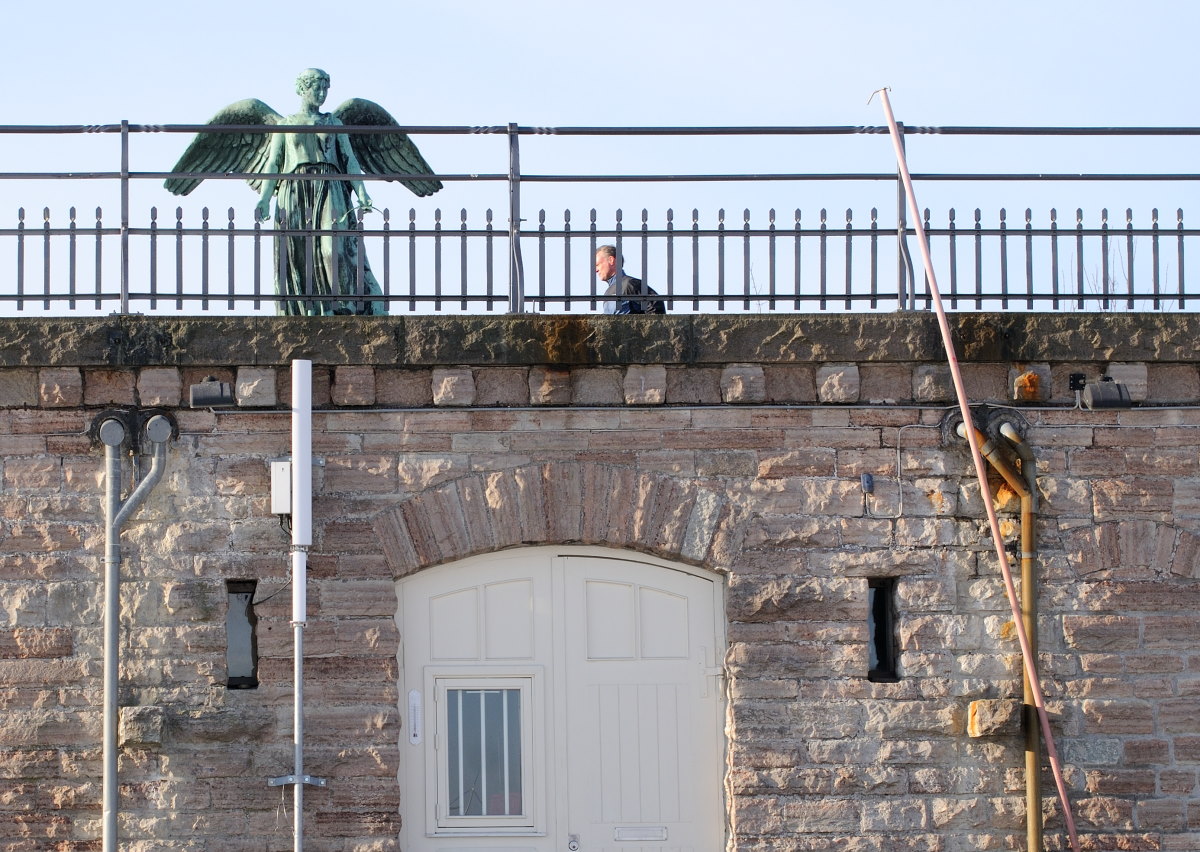Thanks, Vivek. When it comes to this kind of photography, most cameras can be used. There are however certain criteria, some of them purely psychological:
- No shutter lag. Interestingly, I never liked to use the D300 for this kind of photography, not because it has much shutter lag, but because the shutter release feels kind of "elastic".
- Manual focus (pre-focused) or extremely fast AF. My favourite for the latter is the Panasonic GH3/Zuiko 75mm. Very hard to beat for single shot focus. Still, I prefer manual.
- I prefer focal lengths between 85 and 150mm, because "it gives me more time". It doesn't, of course, but having a bit of distance to the subject makes it easier to spot people etc. that might enter the scene and interact within the next few seconds and I see some of what the subject(s) see. It gives better control.
- Although I mostly prefer to be seen before I take the photo, I don't like cameras that are noisy. The noise does attract attention, and if a second shot is needed, it often spoils the moment, even though the subject(s) know that their photo has been taken in beforehand.
- Clothing. Dress as neutrally as possible, not the same as the locals (if in a foreign culture) but in harmony with them. You are noticed but don't stick out like a sore thumb. Most of my travel clothing is khaki or different shades of grayish green. Head wear, I mostly buy locally.
- I mostly carry my camera in the open when I arrive, during my stay and when I leave. the size of the camera is unimportant, as long as people have time to getting used to it. I've done village photography with the GX680, and after a few hours, nobody noticed.
I agree with Marc that rangefinders are probably ideal for this kind of work, but since I've never owned one (they tend to be expensive), I've used what I have and come to the conclusion that it's about me and my relationship with the surroundings, not about the camera. Mostly.








